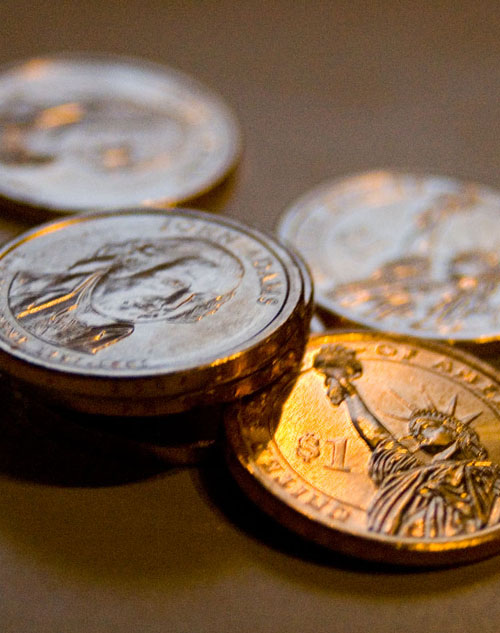
Economists value life more than you do
Bryan Caplan’s 20 January post at EconLog presents an interesting question of the sort that is often overheard at parties and coffeehouses as an example of a question that ought not be asked. How do you put a value on a human life?
The question comes up after some judge or jury awards damages in a wrongful death suit, or some news item in nature both lurid and legalistic. Usually the discussion never gets past the notion that life is priceless. This is undoubtedly true from the perspective of person whose life we are talking about. If money cannot be brought to some afterlife, there is no non-secondary benefit that can be said to bring profit to that individual.
Yet people commonly sell slices of their lives, giving eight or ten or more hours of each of their days — time which cannot be returned or re-earned. Our lifetimes are finite resources in ways that no other known resources could ever be. Nevertheless those lifetimes are kept from being shortened by procuring the resources needed to maintain and sustain them. And the lives of others are worth less to each of us than they are to those others. This is the deal we make in employment: one trades hours of life now for the ability to maintain life into the future. At least until we learn to photosynthesize, this is the fact of life: we cannot sustain ourselves without directly relying on the bounty of nature or trading with others for the products of the bounty of nature.
(Of course, in practical terms no one trades time — they trade labor which takes time. I will still argue that it is time which is ultimately traded as each person has the potential to freely labor for their own pleasure or betterment, and that labor takes time. Therefore the question is who gets the fruits of the time spent and who gets control over the means of that time spent. The utility is the work; the commodity is the time.)
Having then established that portions of a life can be (and commonly are) traded for dollars or other units of currency it should be clear that, at least in the market external to the individual, there is a value which can be attributed to the life.
So who would you think assigns a higher value to a human life: the people who «cheapen» life by assigning a value to it, or those who do so only grudgingly?
I’ll let you read the article. Spoiler: the economists do.